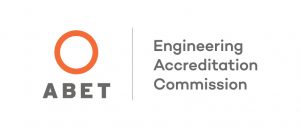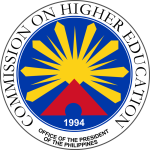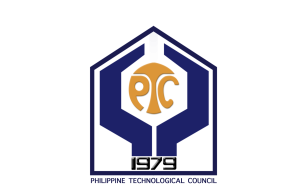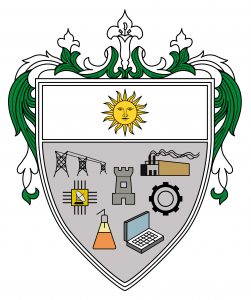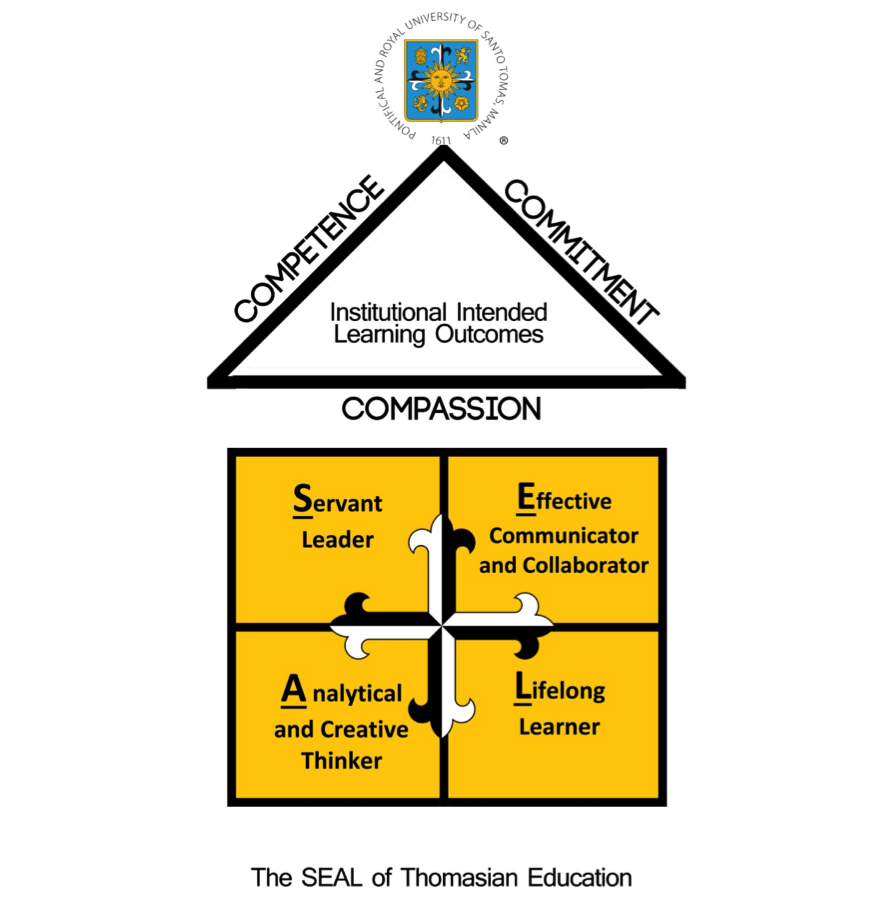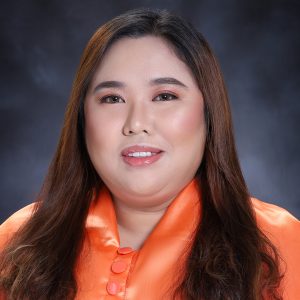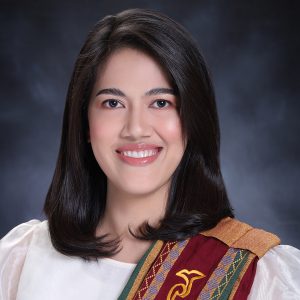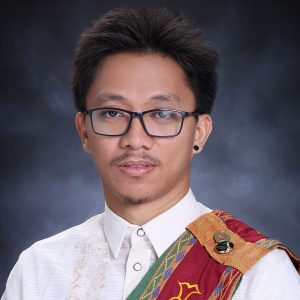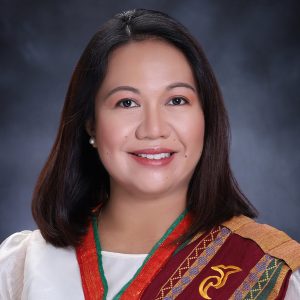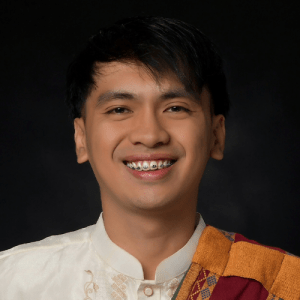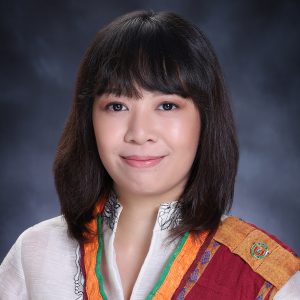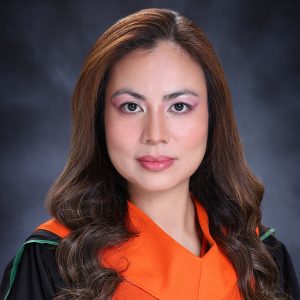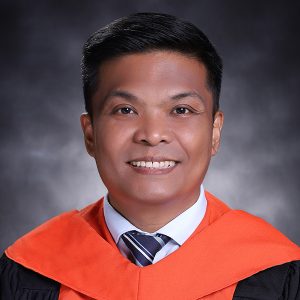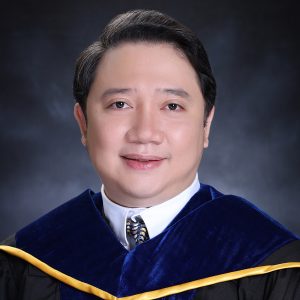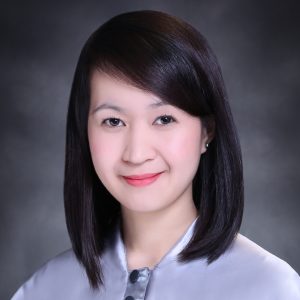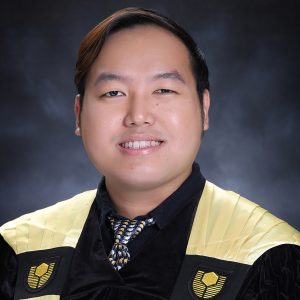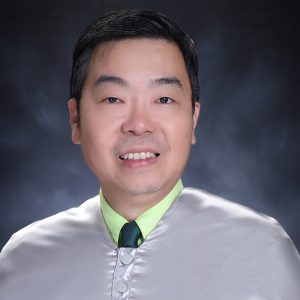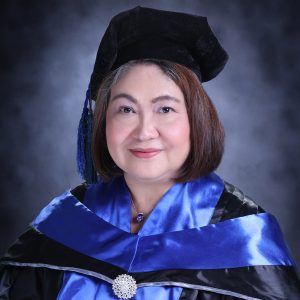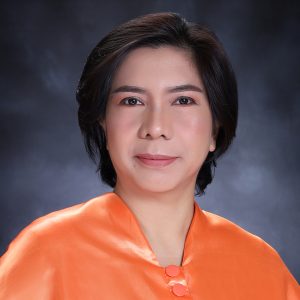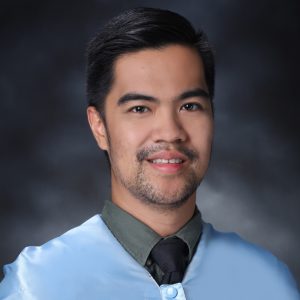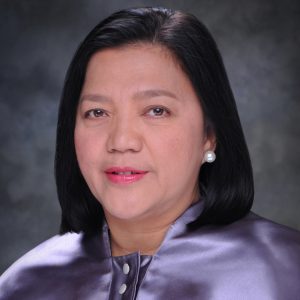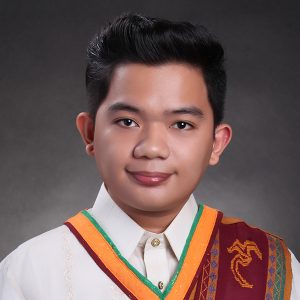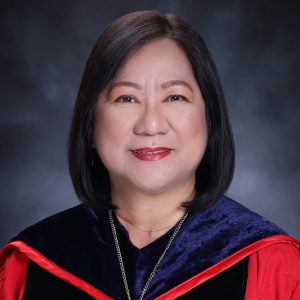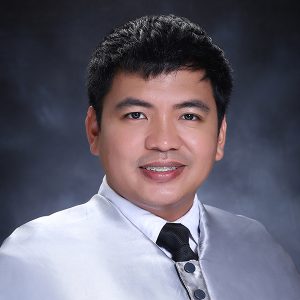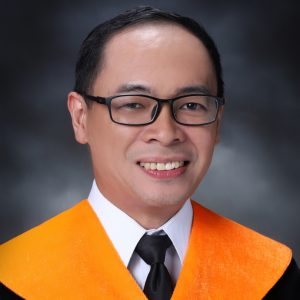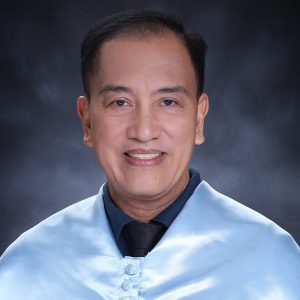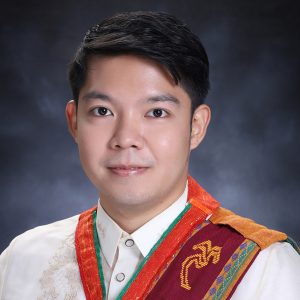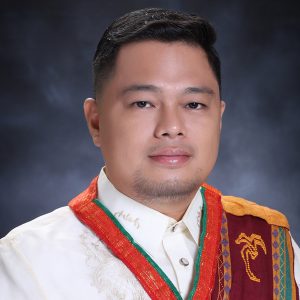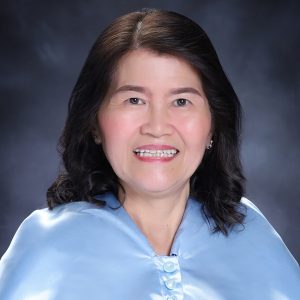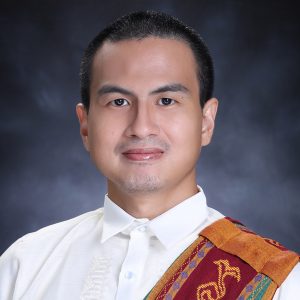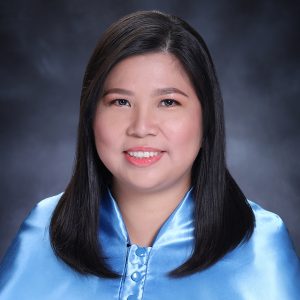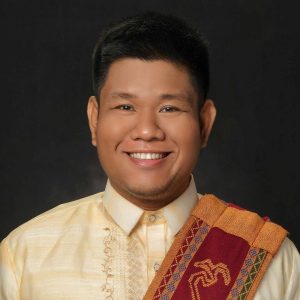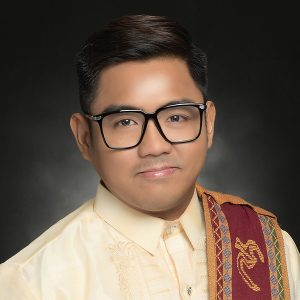Effective A.Y. 2019 – 2020
By the time of graduation, the students of the Program shall have the ability to:
SO-1. identify, formulate, and solve complex engineering problems by applying principles of engineering, science, and mathematics
SO-2. apply engineering design to produce solutions that meet specified needs with consideration for public health, safety, and welfare, as well as global, cultural, social, environmental, and economic factors
SO-3. communicate effectively with a range of audiences
SO-4. recognize ethical and professional responsibilities in engineering situations and make informed judgements, which must consider the impact of engineering solutions in global, economic, environmental, and societal contexts
SO-5. function effectively on a team whose members together provide leadership, create a collaborative and inclusive environment, establish goals, plan tasks, and meet objectives
SO-6. develop and conduct appropriate experimentation, analyze and interpret data, and use engineering judgement to draw conclusions
SO-7. acquire and apply new knowledge as needed, using appropriate learning strategies
SO-8. (For Class of 2022 and onwards) analyze and explain specialized engineering concepts unique to the professional practice of a particular chemical engineering discipline
Effective A.Y. 2013-2014 to A.Y. 2018-2019
a–K1: An ability to apply knowledge of mathematics and science appropriately to solve chemical engineering problems
b–D1: An ability to design and conduct experiments, as well as to analyze and interpret data accordingly
c–D2: An ability to design a system, component or process to meet desired needs within realistic constraints such as economic, environmental, social, political, ethical, health and safety, manufacturability and sustainability, in accordance with standards
d–P1: An ability to function effectively in multi-disciplinary teams
e–D3: An ability to identify, formulate, and solve chemical engineering problems correctly
f–K2: Understanding of professional and ethical responsibility
g–P2: An ability for effective written, visual, and oral communication
h–K3: The broad education necessary to understand the impact of engineering solutions or research and innovation in a global, economic, environmental, and societal context
i–P3: The recognition of the need for, and an ability to engage in life-long learning
j–P4: An active concern for contemporary local and global issues
k–P5: An ability to use techniques, skills, and modern engineering tools necessary for the practice of chemical engineering
l–K4: The knowledge and understanding of engineering and management principles as a member and leader in a team, to manage projects in multi-disciplinary environments





